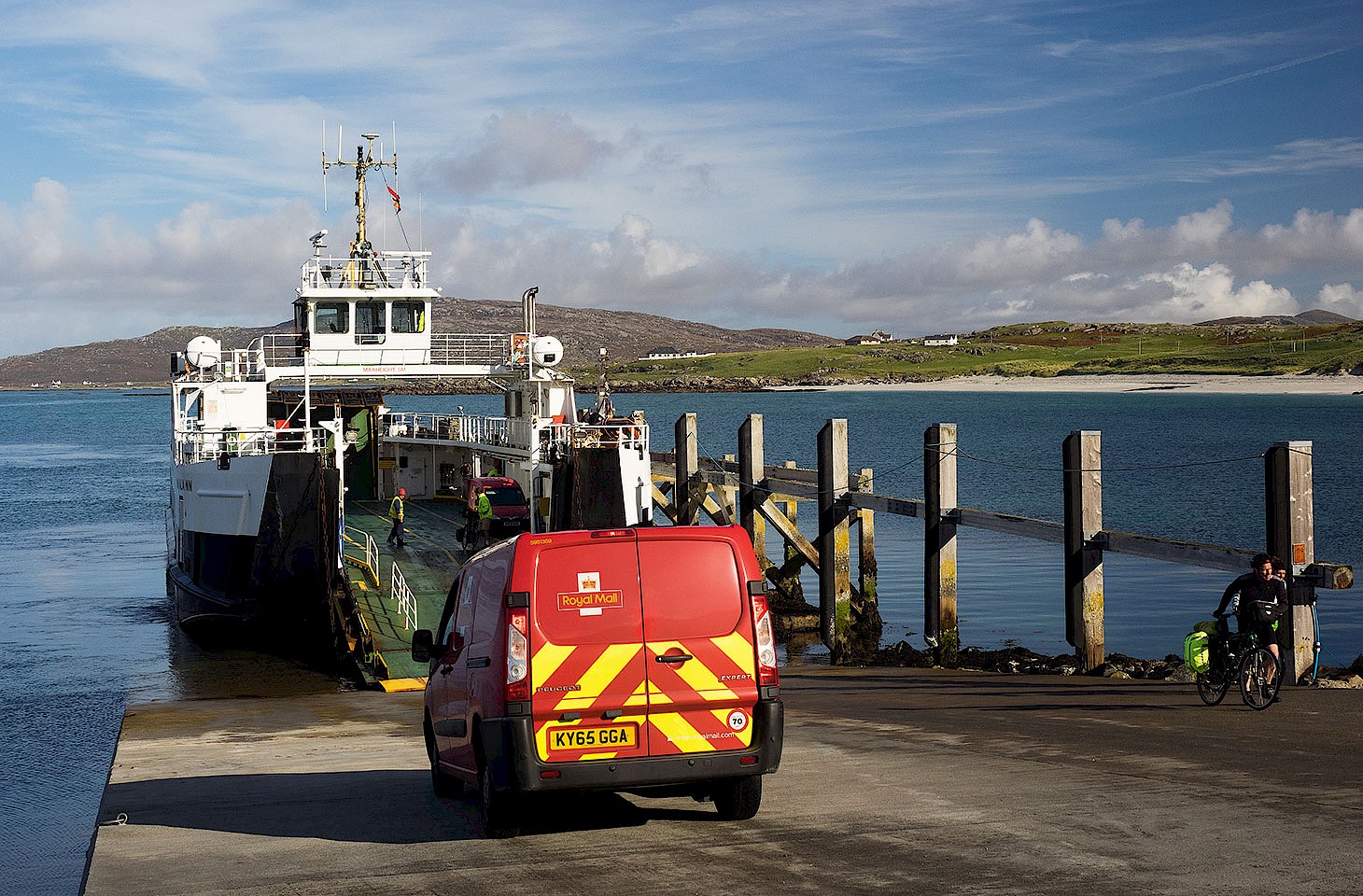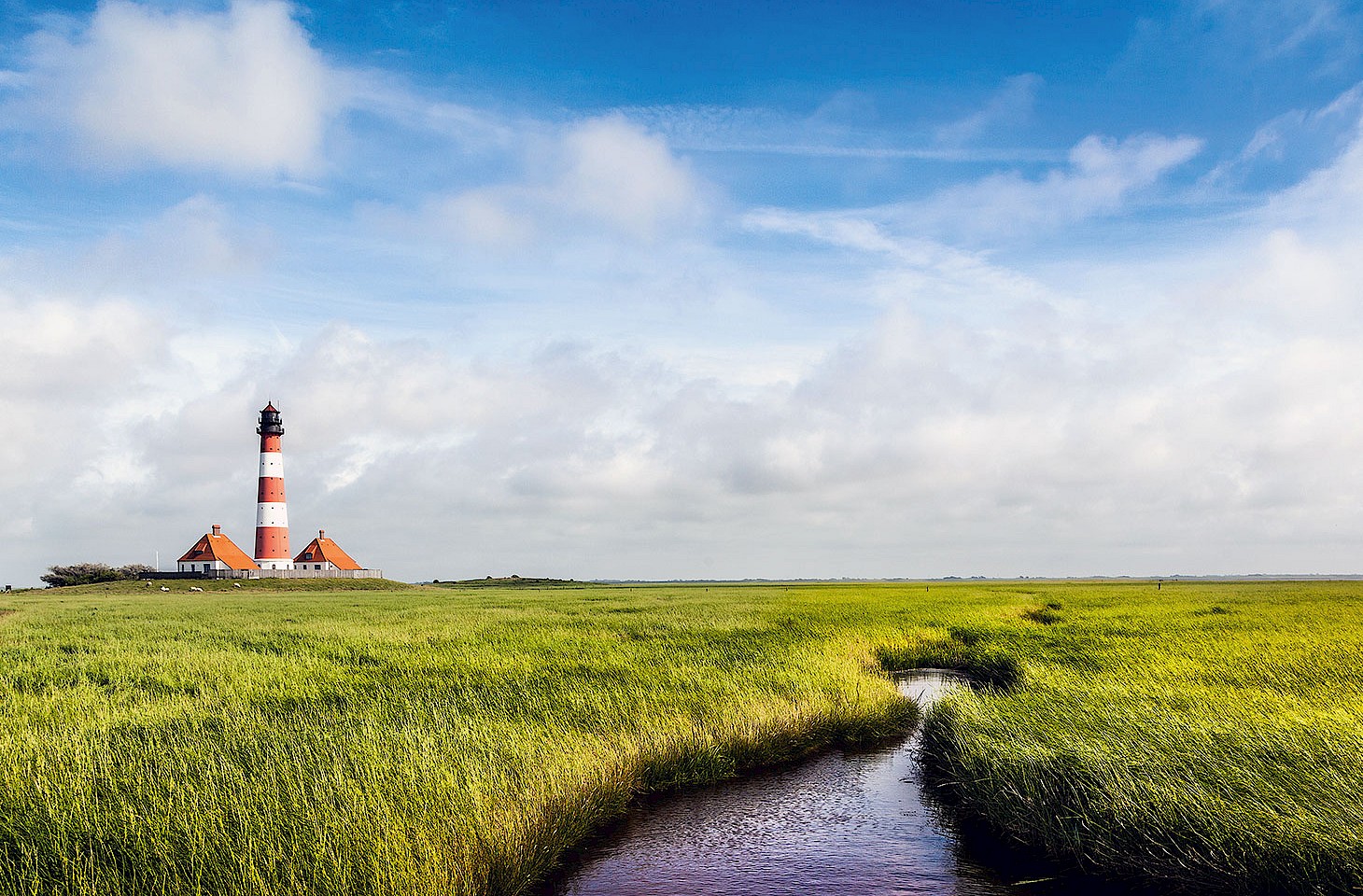Dear fellow travellers
Wander along the Via Porta Palermo in Mazara del Vallo and you might easily think you were in North Africa. The fishing port on the southwest coast of Sicily is an extraordinary spot, a little haven of North Africa in southern Europe. It happens to be the place where Arab forces first landed in Sicily during their invasion in 827 AD, marking the start of a period of Arabic influence that is still detectable in Sicily today - in the cuisine, in the local Sicilian dialect which (like Maltese) incorporates Arabic loanwords and, most notably, in the twelfth-century Zisa Palace in Palermo.
Interestingly, by the time the Zisa Palace was constructed, the Normans had supplanted the Arabs as masters of Sicily, but a strong tradition of Islamic architecture and garden design continued even after the Arabs had left. The Zisa Palace has typical Islamic ornament, such as stalactite vaulting (known as muqarnas), Arabic style tilework and an Arabic inscription over the palace's main entrance.
Move over to the other side of the island, and the old town of Mazara del Vallo incorporates the former Arab casbah that nowadays is occupied mainly by migrants from Tunisia. So Arabic voices (mingled with a little French) echo across the streets and alleys. The Mazara fishing fleet - one of the largest in all Italy - relies heavily on Tunisian labour, and the native Sicilians are well disposed towards their North African townsfolk. Some of these Tunisians are second generation settlers, yet still their children attend the town's Tunisian school and are educated mainly in Arabic, following a curriculum designed in Tunisia. North African teenagers gather in cafés off the Via Porta Palermo while Italian kids of the same age keep their distance.
Perhaps it is the very proximity of their Tunisian homeland that has discouraged integration. Tunis is only a short hop away, a ten hour journey on the twice weekly boat from nearby Trápani. The fact that many of the men work on the fishing fleet surely encourages the perception among the Tunisian community in Mazara that home is just over the horizon. North African families who came to Mazara in the nineteen sixties really believed that their stay in Sicily would be very temporary, and forty years later they (and now their children) still display many of the attitudes of short term migrants, maintaining very close links with their extended families across the water.
Nicky Gardner and Susanne Kries
(editors, hidden europe magazine)



